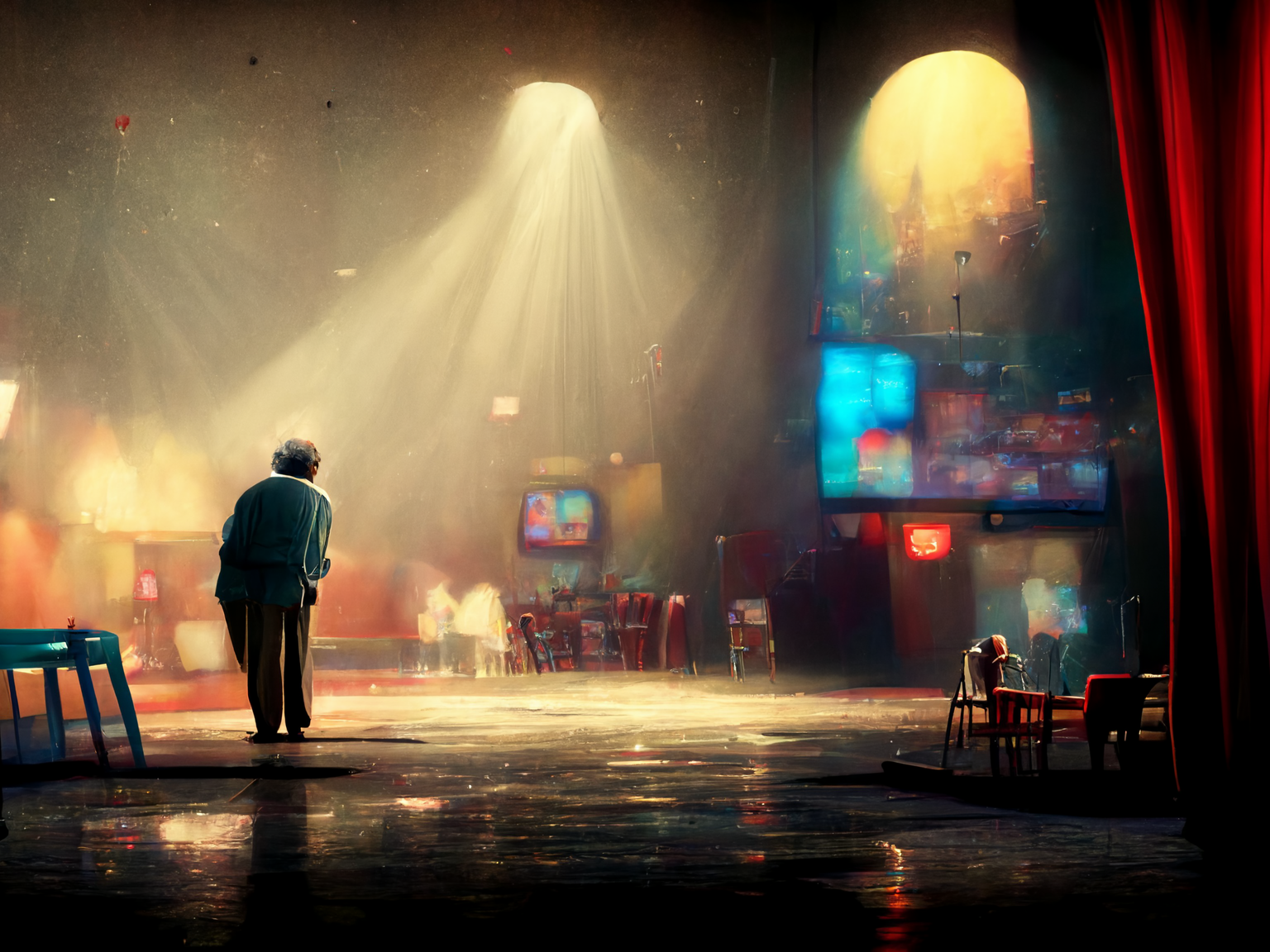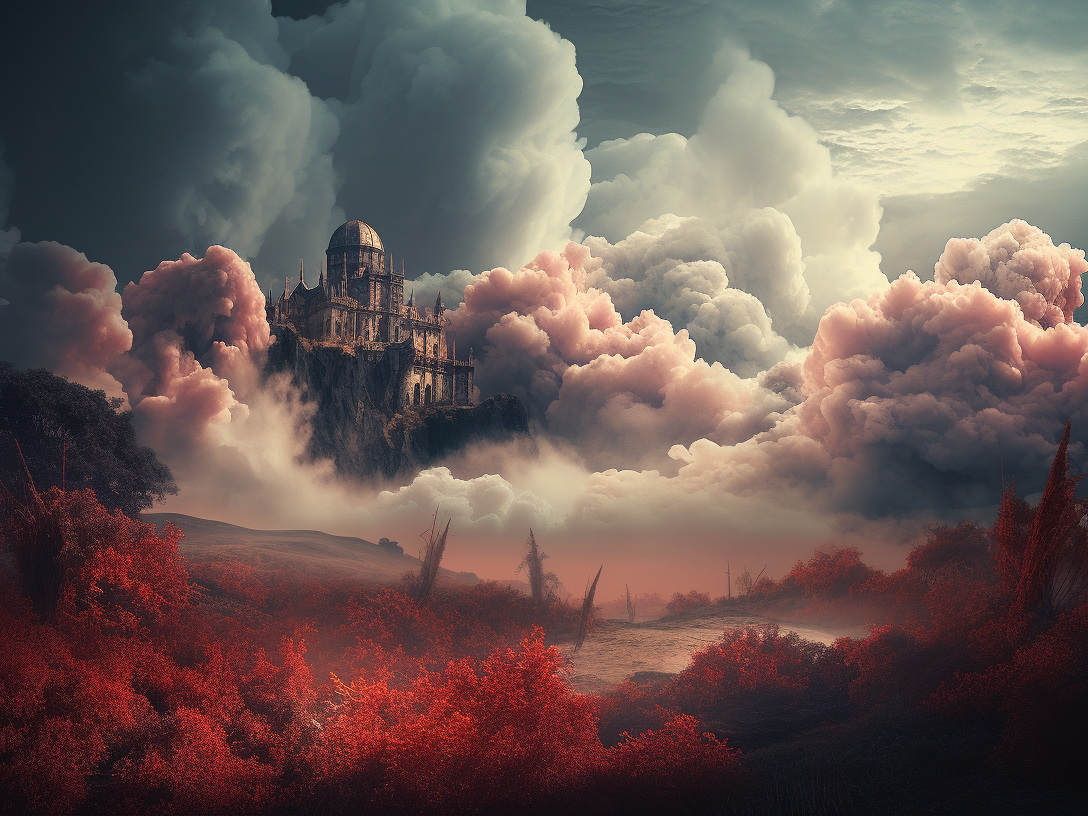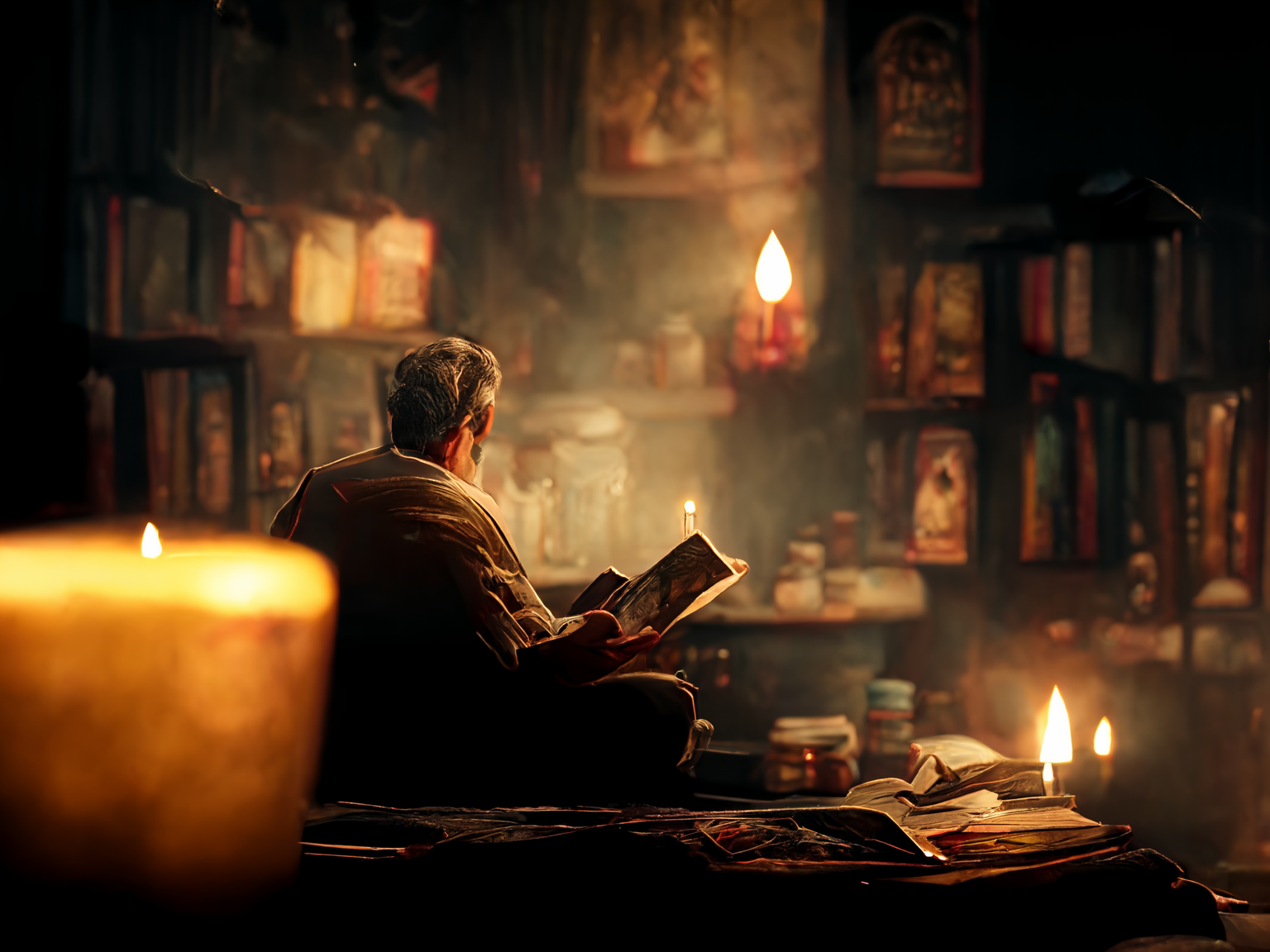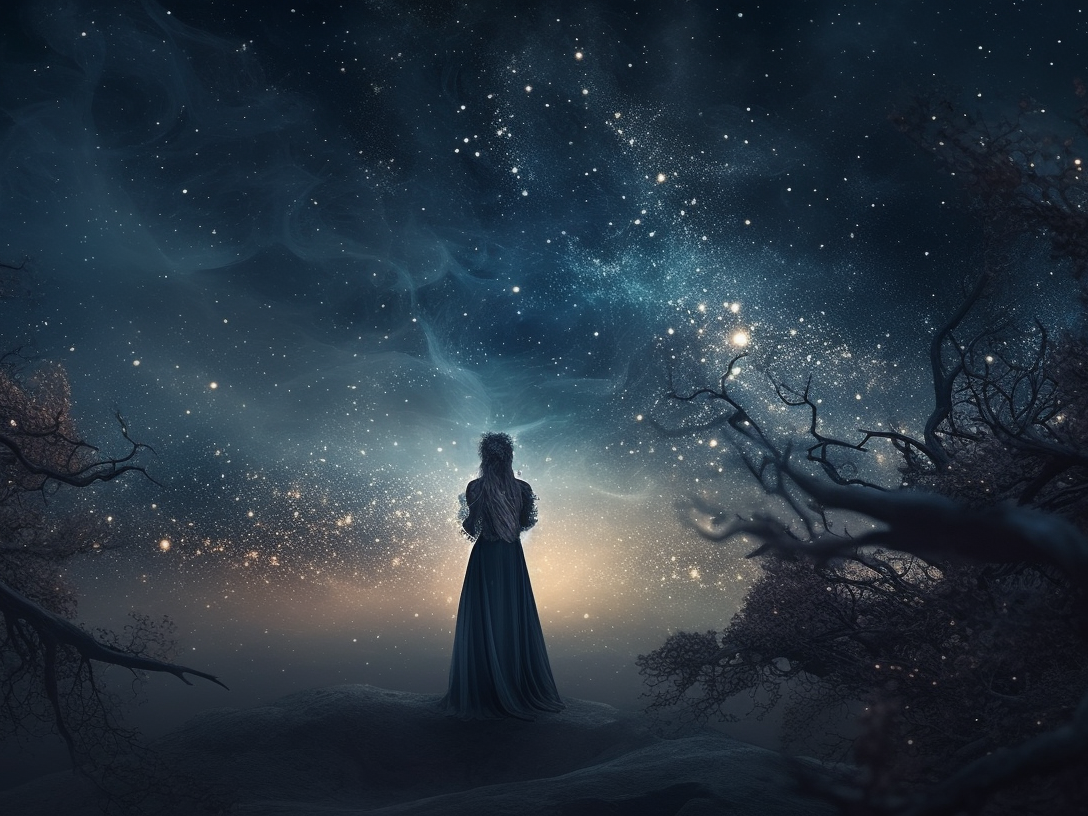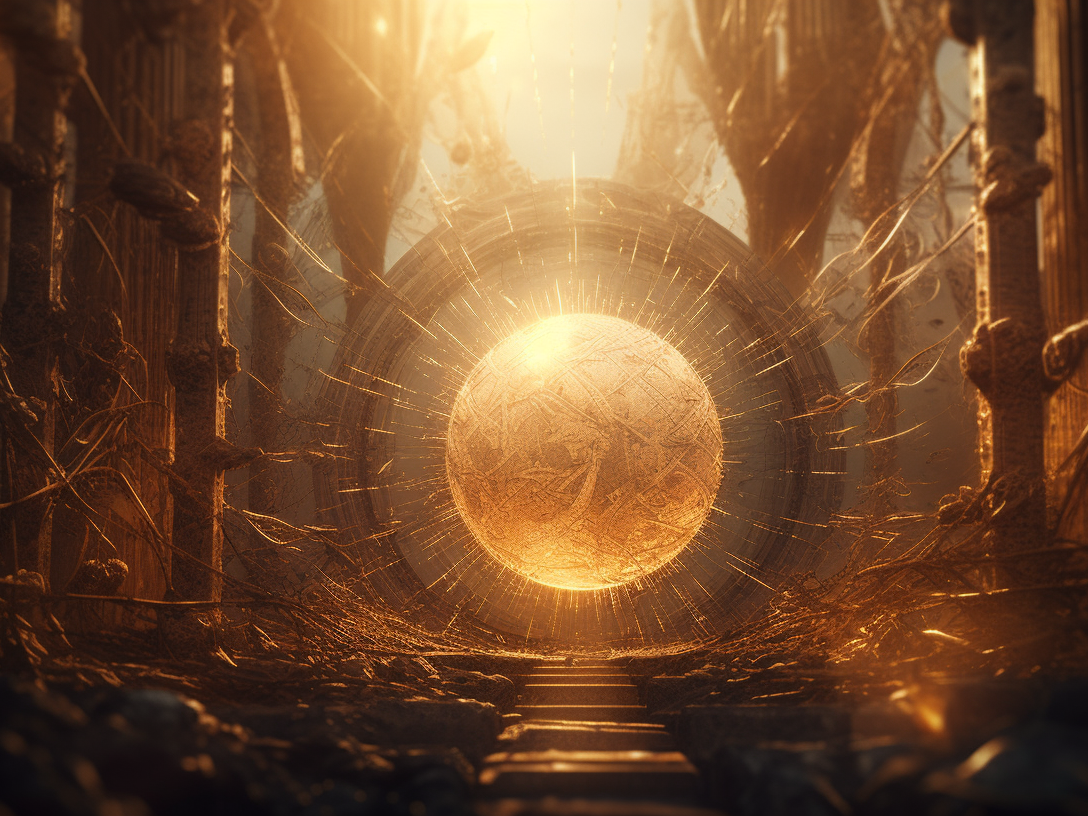The floor echoes in the Sistine Chapel. The sound of heels clicking on ornate black and white tiles is indescribable. The walls are adorned with biblical scenes, the pride of Perugino, Botticelli, and Ghirlandaio. On the tall curved ceiling, rest the works of Michelangelo, depictions of holiness and sin, good and evil.
Where there is light there is also darkness. But, why is this the case? If God watches from above, why does he allow this to occur? This is the Epicurean Paradox, which raises the question, how can a good God permit evil?
In the words of Epicurious himself, “God, he says, either wishes to take away evils, and is unable; or he is able and is unwilling, or he is neither willing nor able, or he is both willing and able” (Epicurious). These four dilemmas contradict themselves. If God is willing yet unable to remove evil, he lacks omnipotence, an inherent characteristic of the divine. If he is able and unwilling, then he is malevolent. Similarly, if he is neither willing nor able, he is weak and cruel. The only option which stands in accordance is the fourth and final, that he is both willing and able to remove evil. This begs the question if he is willing and able to remove evil, why does it remain? God must be willing and able to change, yet he has refused to do so.
If this is true, then the sole solution to this dilemma is the understanding that we can not comprehend the complexity of God's work. We fail to consider that this removal of evil may not abide by our rules, or happen in our lifetime. The removal of evil is guaranteed, not the time frame. As is far too common with religion, conveniently, the only solution is to believe that one day, evil will be expunged, and what is wrong will be righted.
Around every sunlit corner, there is a patch of shade; darkness follows us day and night. Our shadows will be buried along with us, and until that day, we balance the light and dark. Without light, there is no darkness, without despair, there is no hope, without pointlessness there is no purpose, without confinement, there is no freedom. The real question we should be asking ourselves is, what is one without the other, happiness without sadness, good without evil, right without wrong?


